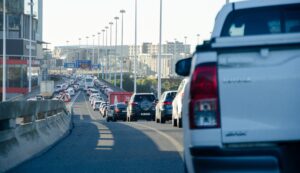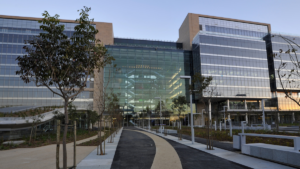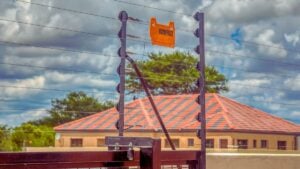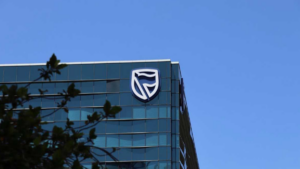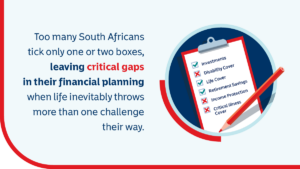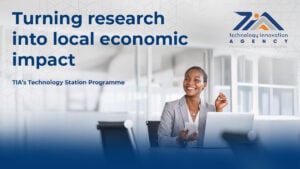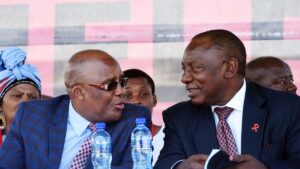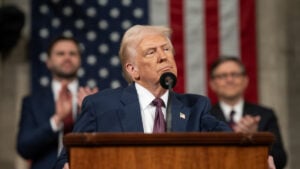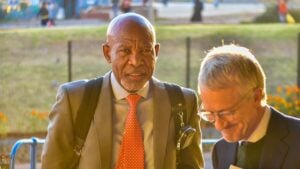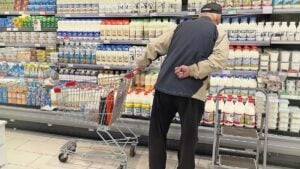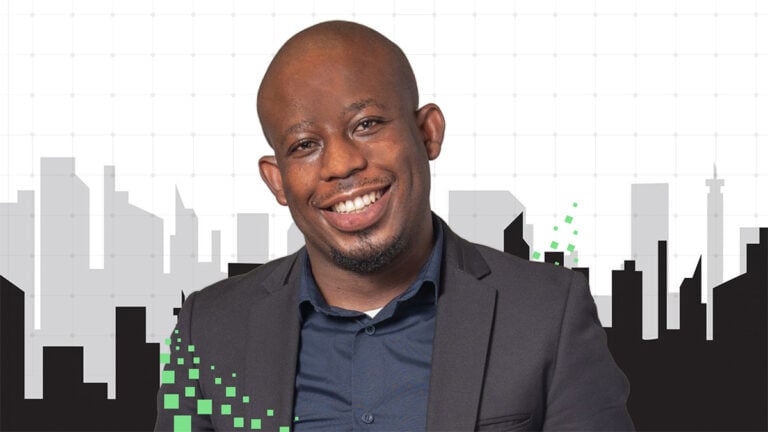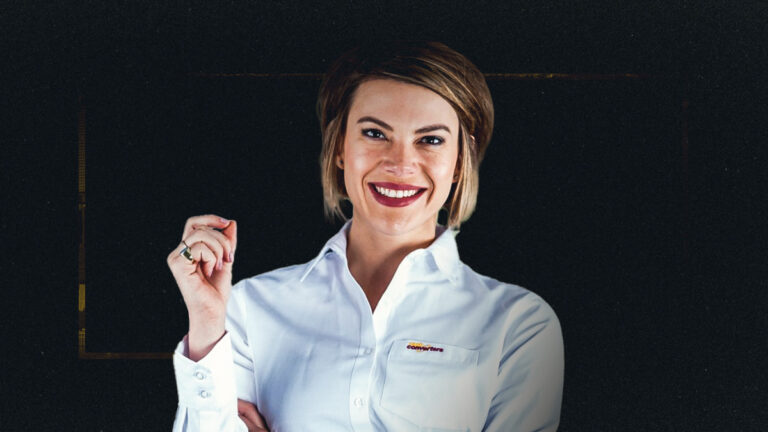R17 billion petrol tax payday for South Africa’s biggest cities
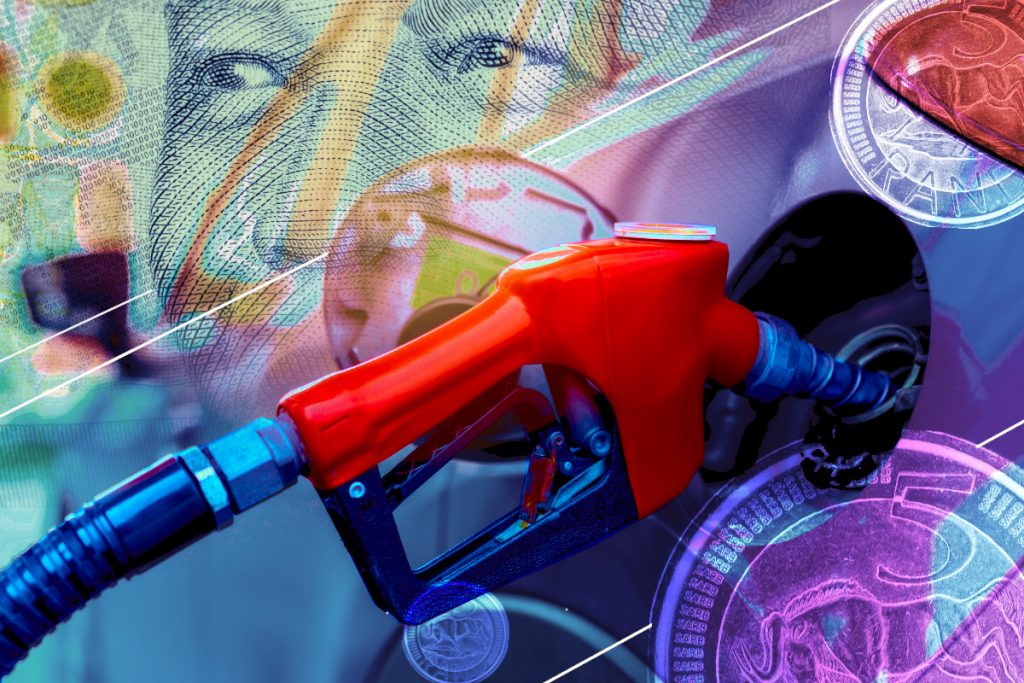
South Africa’s eight major metropolitan municipalities have divvied up their share of R17 billion in taxes collected through the General Fuel Levy.
The National Treasury gazetted the division on Thursday (10 July), allocating a share of the funds depending on the metro’s site.
As the biggest metros in the country, the City of Johannesburg, eThekwini (Durban) and the City of Cape Town received the lion’s share of the funds.
Manguang in the Free State and Buffalo City and Nelson Mandela Bay in the Eastern Cape received the smallest share.
As part of the third 2025 Budget published in May, Finance Minister Enoch Godongwana announced the first increase to the General Fuel Levy since April 2022.
The increase was applied to counter the revenue losses caused by the National Treasury’s decision to drop the proposed VAT hikes in the first two budgets.
To replace a portion of the lost revenue from the withdrawal of the VAT rate increases, the General Fuel levy for petrol and diesel increased to R4.01c/l and R3.85c/l, respectively, effective from 4 June 2025.
This translates to a 16-cent and 15-cent per litre increase for the tax on petrol and diesel, respectively.
While the allocations from National Treasury provide some insight into where South Africa’s fuel taxes are headed in terms of the major metros, how they get used within the metros remains to be seen.
Most cities have tight budgets, with residents suffering from a perennial lack of service delivery.
Cities like Johannesburg are struggling to maintain infrastructure, with multi-billion rand maintenance backlogs and municipal debt owed to utilities like Eskom.
Joburg has the added pressure of having to pay off its e-toll debt.
While funds from the fuel levy are allocated by Treasury, they are not ring-fenced, and can be used by the state for general government spending.
Allocations given to cities and provinces are also not ring-fenced, and industry experts have decried the fact that even when allocated funds are intended for road maintenance and infrastructure development, they are filtered elsewhere.
| Metro | Fuel Levy Revenue Allocation |
|---|---|
| City of Johannesburg | R4,572 million |
| eThekwini | R3,875 million |
| City of Cape Town | R2,851 million |
| Ekurhuleni | R1,795 million |
| City of Tshwane | R1,666 million |
| Nelson Mandela Bay | R862 million |
| Buffalo City | R798 million |
| Manguang | R427 million |
| Total | R16,849 million |
Petrol taxes are kicking drivers in the teeth
With the latest fuel levy increase, taxes now make up around 30% of the country’s petrol price. Without these taxes, prices could drop to under R16 a litre.
However, removing the taxes would also have a negative impact on the cities and municipalities that get their share of the haul each year from Treasury.
Experts have warned that this is ultimately going to be the reality for the country anyway, as newer technologies like electric vehicles become more commonplace, and relience on fuel diminishes.
Treasury itself has warned of this eventual outcome, and has been hesitant to rely too heavily on the tax to boost revenues.
It froze levies in 2022 in response to escalating global fuel prices, driven by Russia’s invasion of Ukraine. The freeze continues in 2023 and 2024 as a form of relief to taxpayers.
The 2025 hike did not result in additional revenue for the budget, but rather stemmed losses.
According to the Automobile Association, the increase in fuel levies is escalating the tax burden on households in the country.
Not only do households pay more at the pumps as a result, but they also often absorb the costs through increased prices of goods and services as industries factor in the changes to their production lines and supply chains.
The AA said that, while it recognised the Treasury’s need to address fiscal pressures with the highly contentious budget process this year, the fuel levy is just as regressive on taxpayers as a VAT hike.
“Although the 2025 increase may appear modest in isolation, it forms part of a broader trend where motorists and transport-reliant industries bear the brunt of fiscal policy changes,” the AA said.
“South Africa must have a broader conversation about funding infrastructure, road safety, and public transport in a way that doesn’t unduly burden citizens.”
